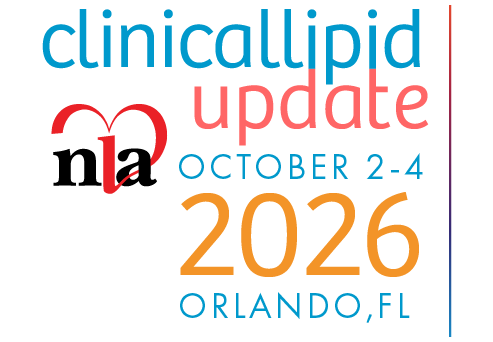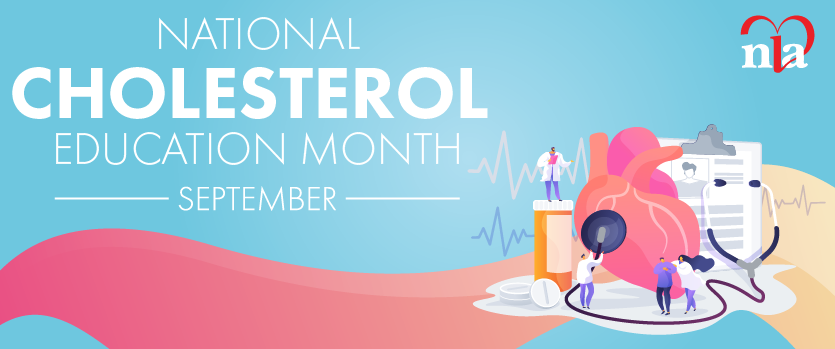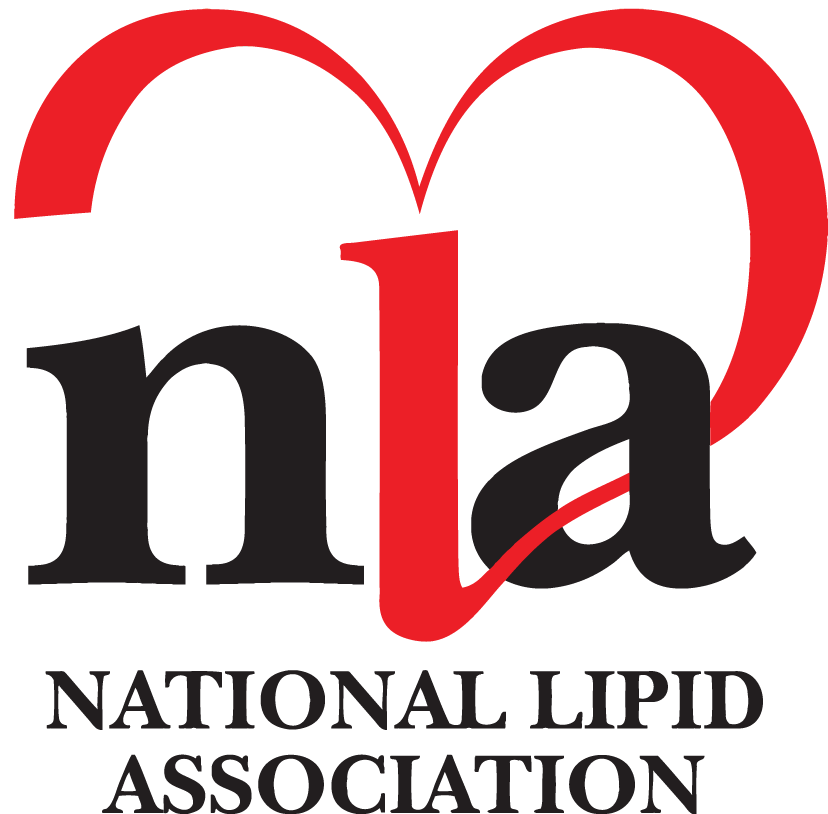“Security is mostly a superstition. It does not exist in nature, nor do the children of men as whole experience it. Avoiding danger is no safer in the long run than outright exposure. Life is either a daring adventure or nothing.” – Helen Keller
This quote is a favorite of Deborah S. Croy, DNP. She says, “If one female who was blind and deaf could make such a contribution to humanity, if we who have no or limited disabilities apply ourselves, think of what we can do.” This is Dr. Croy’s philosophy when it comes to treating underserved patients in rural Virginia and West Virginia.
Dr. Croy has known since the age of 8 that she wants to treat and help find a cure for heart disease. As a young girl, she witnessed her coal mining father become disabled due to cardiovascular disease and suffer multiple myocardial infarctions.
.jpg)
At that time, she vowed to dedicate her life to finding a cure for heart disease so that other young children would not lose quality time with their parents. Dr. Croy grew up in an unincorporated community called Abbs Valley in the Virginia coalfields and remained in the rural Virginia area to treat and advocate for the underserved populations. She received her Masters in Nursing from Duke University and most recently earned her Doctor of Nursing Practice degree from Johns Hopkins School of Nursing. She noted that this was a far cry from the first school she attended as a child that had an outhouse and used a potbelly coal stove for heat!
Dr. Croy is an Adult Nurse Practitioner employed in a Federally Qualified Community Health Center where she treats patients with dyslipidemia and metabolic disorders on a daily basis. Many of her patients are either uninsured or underinsured and, without their clinic, would go without medical care. The Health Center has a contract so it can obtain labs at cost. This allows patients to receive basic labs, including their lipid profiles, at an affordable cost. The patients in the rural population that Dr. Croy sees have a higher than national incidence of diabetes and dyslipidemia. This, coupled with the fact that many suffer from a lack of income, makes treatment for them more challenging. In addition, many of Dr. Croy’s patients have been diagnosed with bipolar disorder and depression, and are on medications known to increase their risk of dyslipidemia.

Despite these various setbacks, Dr. Croy and her coworkers have become advocates for her underserved patients. Past SELA President, Ralph LaForge, urged Dr. Croy to become involved with the National Lipid Association (NLA). Not long after she also became a certified Clinical Lipid Specialist. She says, “I found in the NLA there are many like-minded practitioners and was invited to take a leadership role and join the SELA board.”
Dr. Croy is also very involved with the American College of Cardiology, serving on three committees and is their incoming Cardiac Care Associate liaison for the state of Virginia. She uses her roles in both organizations to act as a voice for the underserved population and to create awareness. She says that “many people do not know that they can get free medication for the indigents through pharmaceutical programs.” Her goal for the field of lipidology would be to see more collaboration and funding for the study of rural, underserved patients and those with different ethnicities. She would also like to see the development of medications with fewer adverse drug reactions so her patients can continue to take them.
Despite the everyday challenges she faces in her rural area, Dr. Croy says her favorite part of her job is having the opportunity to get to know her patients and their families. She is able to form a relationship with them and, in return, they treat her as part of the family. Outside of work and volunteering, Dr. Croy loves traveling, photography, and dancing. She also enjoys taking nature walks looking for Native American artifacts.






.jpg)
.png)











